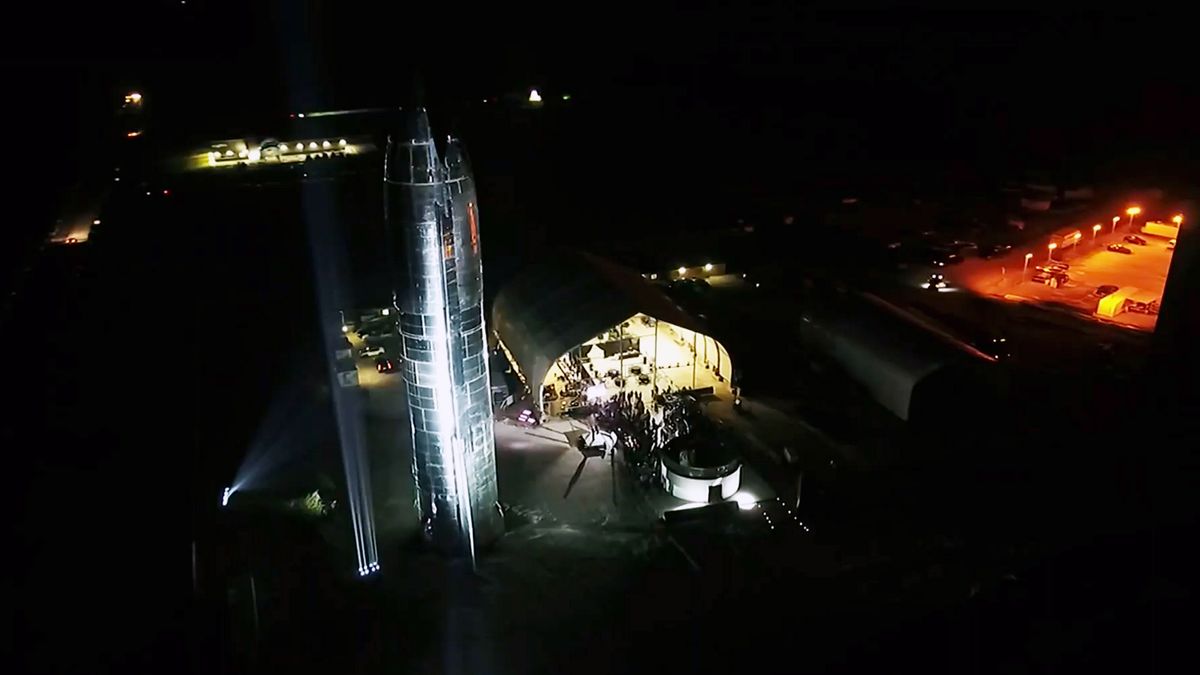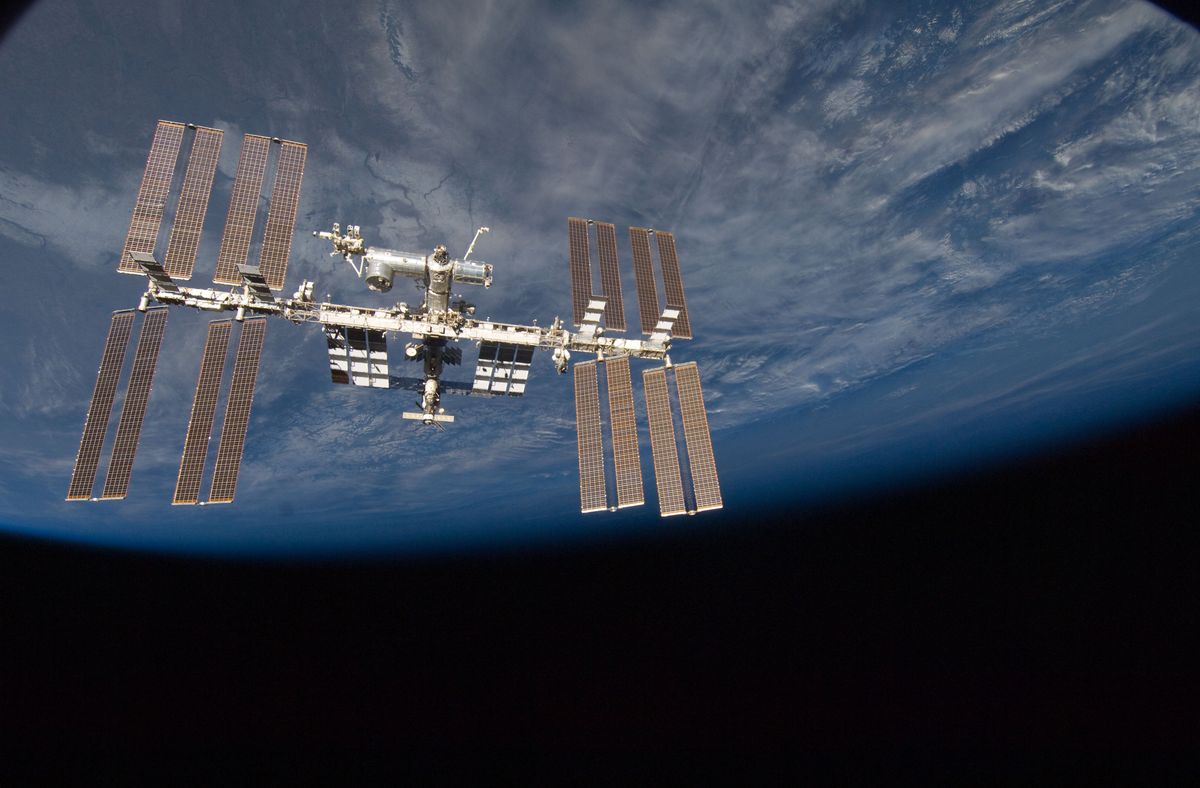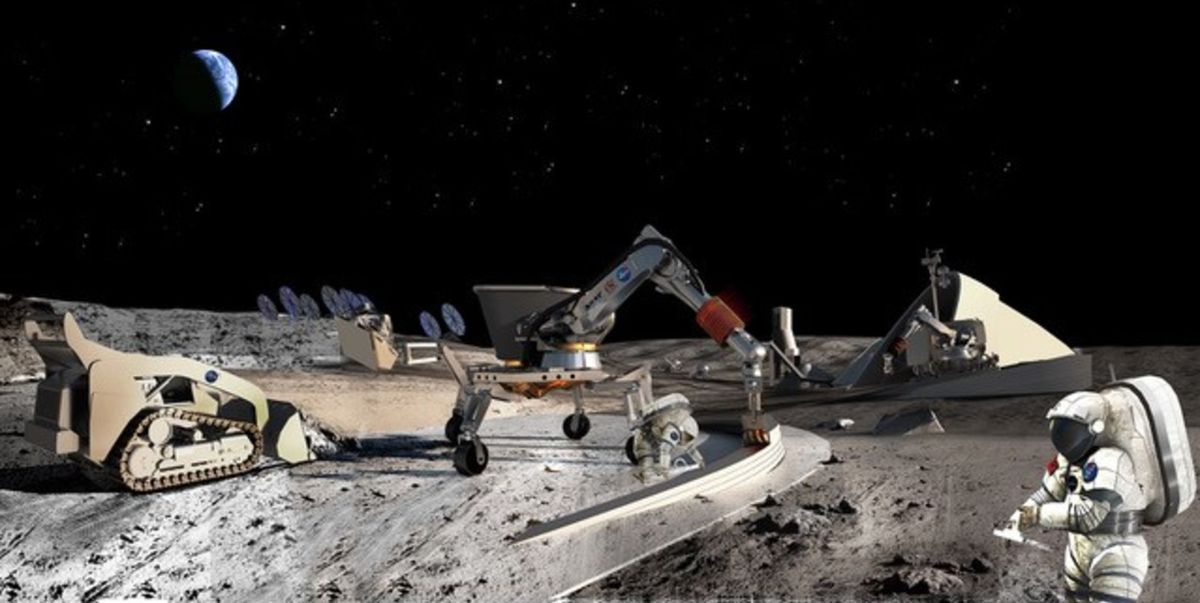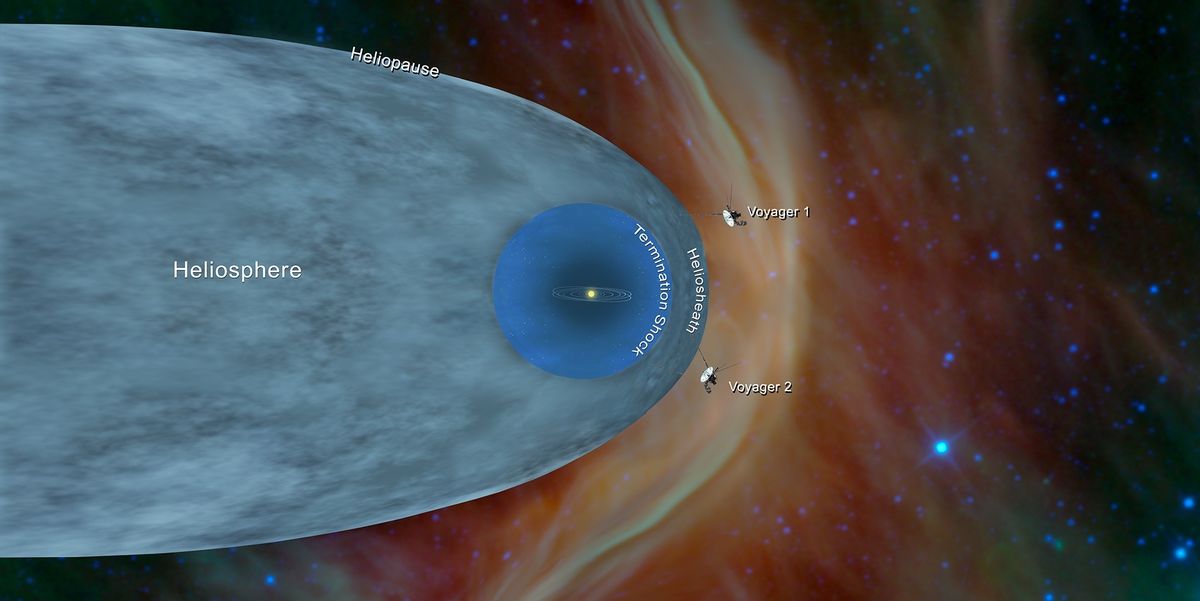nwwarrior09
Well-known member
My guess is that any interest would be along anthropological lines. Observing a sentient species as it climbs out of its gravity well towards space. Or they might be "protecting" us from outside influences in an effort to maximize galactic diversity by allowing us to develop along a unique evolutionary path. The possibilities here are endless.
That would make the most sense to me, kind of along the lines of the remaining native tribes in the Amazon and in other small niches of the world that we are aware of and may even observe to some degree, but don't make official contact with for a number of reasons. Something might want to "study" from a distance, or maybe occasionally "examine" up close for scientific study or even "Tag". The sci-fi possibilities are in fact endless,















